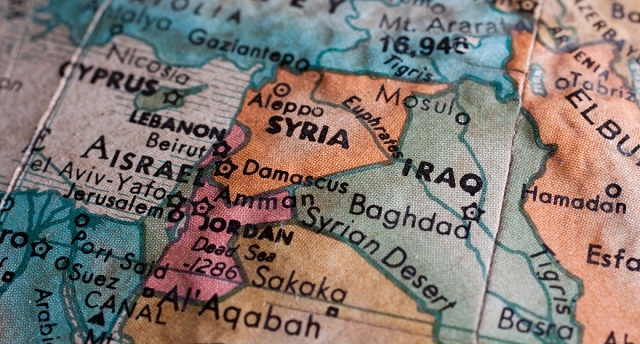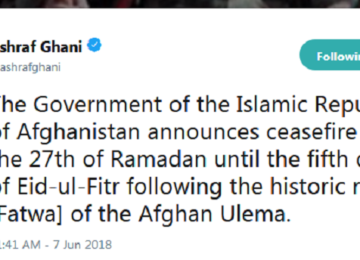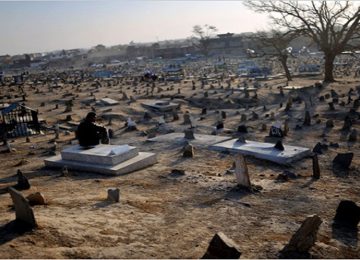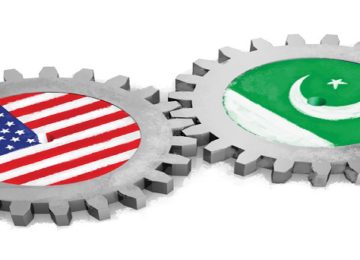The recent developments – and ‘supposed’ uprising – in Iran have rekindled the debate on indirect interventions of Western powers in other countries’ domestic affairs. Instead of directly attacking a state, it is nowadays easier, ‘righteous’ and cost-effective – though more time consuming – to bring down and change regimes. Galvanizing public opinion, often using organizations working within for desired results is a neat step. Let’s take a look at some examples.
Iraq: In 1958, CIA hired Saddam Hussein to assassinate the new President after overthrowing of British-backed monarchy. The attempt was a failure, Saddam left for Lebanon and from there the CIA moved him to Cairo. He was reportedly given regular payments as an agent of Egyptian intelligence. A list of around 4,000 communists was given to the new government to be exterminated. The new CIA-backed Baathist government that had come in power did not prove to be a puppet for the West. In 1979, Saddam Hussein became President and was welcomed as an ally against Iran by US officials, including Donald Rumsfeld. After invading Iraq in 2003, on December 13th, Saddam Hussein was captured found hiding in outskirts of Tikrit in a cellar. (A classic example of allies turned enemy)
Libya: A victim of NATO operation in 2011, overthrowing Muammar Qaddafi but with no idea how to put back a country together left deeply unstable. Aimed at saving civilians in Benghazi threatened by Libyan government forces, the aims expanded to overthrowing Qaddafi. In an interview with The Atlantic’s Jeffrey Goldberg in 2016, Obama stated not mincing words that the mission in Libya “didn’t work.” (APR 15, 2016)
Iran: In 1953, the government of Muhammad Mossadegh was overthrown by CIA and MI6. Iran ended upon nationalizing her oil industry. International economic sanctions and naval blockade by Britain was resisted by Iran for roughly two years. The initial coup against Shah of Iran failed who fled his country with his family. CIA reportedly dished out a huge amount in bribes to military officials and road gangsters to create havoc and mayhem in Tehran. Mossadegh was overthrown. Shah returned triumphant as the Western front man till 1979 with the coming of the Iranian Revolution.
In the recent outbreak of anti-government protests in Iran, in which over one thousand people have been arrested and over 21 killed, the Revolutionary Guard on its official website placed the blame for unrest at the doors of Saudi Arabia, Israel and, of course, the U.S. They also claim that Mujahedeen-e-Khalq, an exiled group with supporters of monarchy were behind the unrest. Trump’s tweet, “Oppressive regimes cannot endure forever. The world is watching,” may be read with this background. The use of term “oppressive regimes” is way out of line and dangerous!
Afghanistan is also a bad case. The US, in alliance with Pakistan and Saudi Arabia, in 1980s trained and funded the Mujahedeen to oust socialist Russia from Afghanistan. As a consequence, after the Soviets left Afghanistan, the warlords and the warring groups torn Afghanistan apart with opium production reaching to unprecedented levels. Even though the opium production went down during the Taliban regime, the output spiked again soon after the US invasion of Afghanistan in 2001. As of today, Afghanistan is facing not only the endemic of violence, but also of drugs and corruption. Afghanistan is in mess. No infrastructure, no defined and well-focused leadership. The scapegoat of US failure is Pakistan. The longest war US fought on foreign soil continues.
There are many countries where US with or without other countries has interfered to force regime change.
In any country, there are numerous variables and major components that US, upon invading has been unable to handle leading nations invaded in turmoil and years of instability. Max Abrahams Assistant Professor of Political Science at Northeastern University, talking in context of Iraq states, “This is one of the big problems with the strategy of regime change. The US and other countries are able to effectively remove the leader, but it is a little bit like Humpty Dumpty in terms of putting the pieces back together again. After you remove the leader, especially in the country as delicate as Iraq, there is literally infinite number of things that could possibly go wrong.”
This statement by Max Abrahams can be applied to all other invasions. Forcing regime changes generally leads to more issues than the one initially felt by the Global Policemen (self-appointed).
The writer Yasmeen Aftab Ali is a lawyer, academic and political analyst. She has authored a book titled ‘A Comparative Analysis of Media & Media Laws in Pakistan.’ She can be contacted at: yasmeenali62@gmail.com and tweets at @yasmeen_9
© Center for Research and Security Studies (CRSS) and Afghan Studies Center (ASC), Islamabad.








